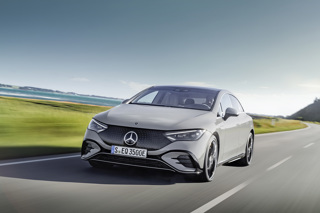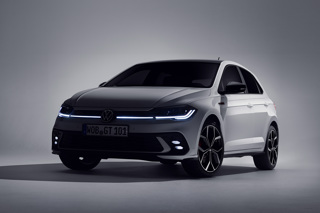Before research findings are formally published in journals or at conferences, many go through a system called ‘double blind peer review.’
This means any work a researcher produces and wishes to make public is first scrutinised by two independent assessors. These people do not know who has written the paper and are asked to criticise it and suggest whether the item is suitable for publication, needs extra work or should be rejected.
Outside the world of academic research, however, one is left with a slight doubt over the methods used to collect and interpret the data.
In a Trustpilot report featured on AM-online last month, headlined “Millennials are ‘ready to buy their next car online’,” one is drawn to look at the claims and how they were reported.
The headline statement is the result of a YouGov survey carried out in September for Trustpilot that was made up of a sample of 2,046 adults, of which 281 fell into the category of 18– to 35-year-olds – the definition of millennials. Of the 2,046 respondents, only 1,525 had driving licences.
The main claim was that 36% of millennials are willing to buy a car online, compared with 25% of all respondents.
I was left puzzled by the statistics – and the headline. If this is the case, then 64% of the most digitally savvy people in the general population would not buy a car online. Surely, the headline should therefore read “Millennials are not ready to buy their next car online”?
On top of this, if you take the 19% drop since 2005 in the number of 17- to 22-year-olds taking the driving test, it gives the impression that ‘millennials’ don’t want to drive, let alone buy a car. However, the RAC Foundation argues that the real problem is that millennials are being priced off the road by sky-high insurance, with 95% wanting a driving licence if they felt that they could afford to drive.
Unpacking statistics is difficult, and it is easy to be critical of such research – some of my own can be looked at in a number of ways.
The problem is that if we mis-interpret data, it can often lead to poor or faulty decision-making. To me, one of the most interesting aspects of the YouGov survey was not the online purchasing claim, but the figures for who would be their key influencers when deciding which car to buy.
For the 18- to 34-year-olds, the two key drivers were ‘word-of-mouth recommendations’ (family and friends) at 81% and independent online reviews at 80%. For many dealers, offering outstanding service that is recognised by family, friends and independent observers may not make the headlines, but it may impact the bottom lines.



















Login to comment
Comments
No comments have been made yet.